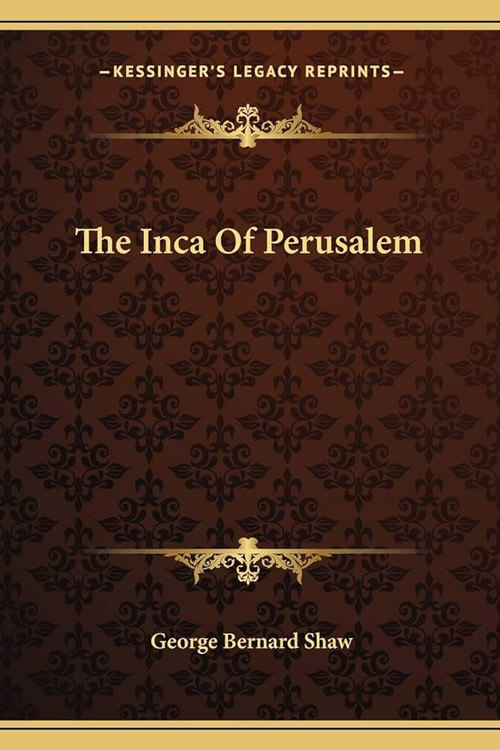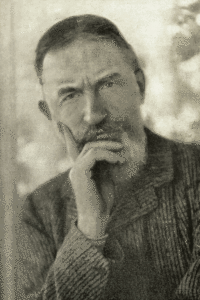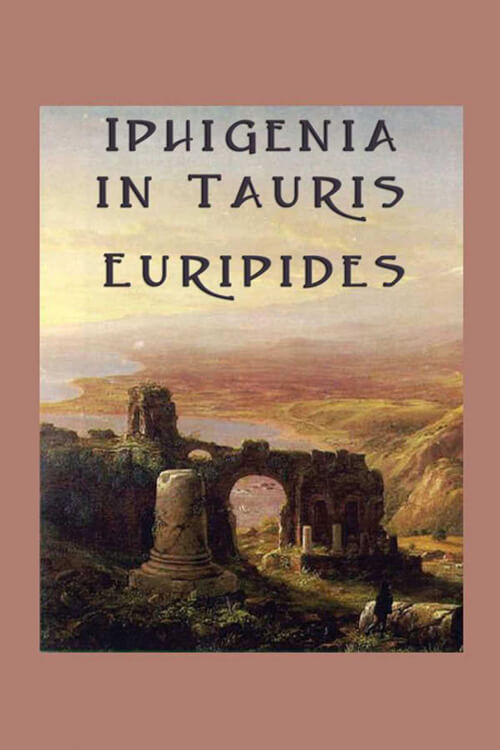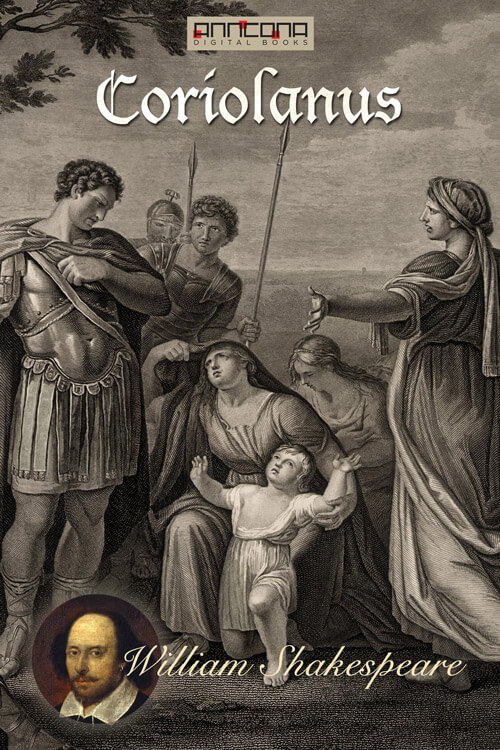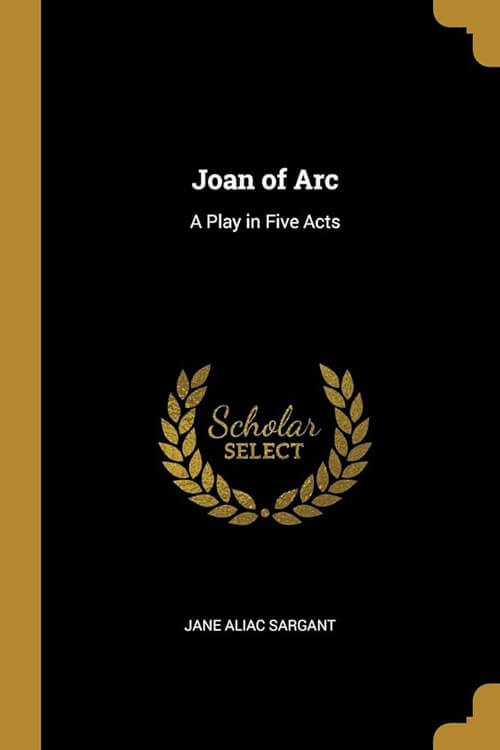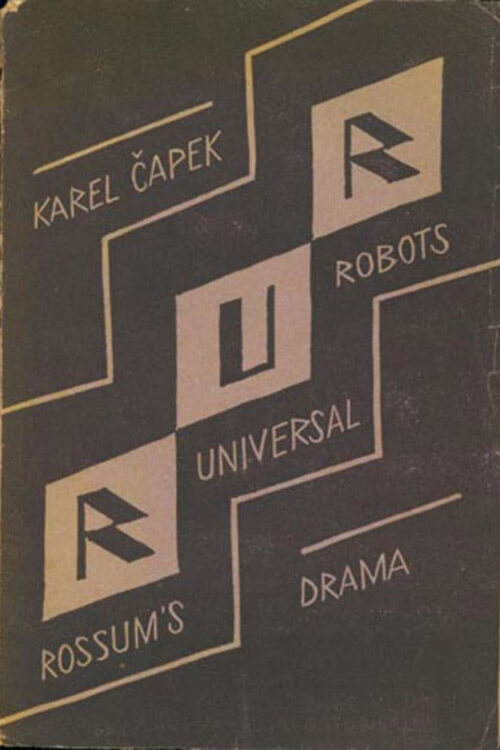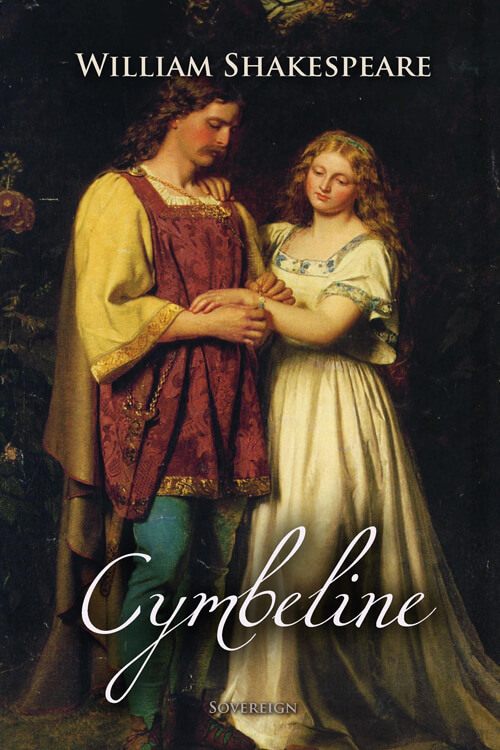
The Inca of Perusalem
I must remind the reader that this playlet was written when its principal character, far from being a fallen foe and virtually a prisoner in our victorious hands, was still the Caesar whose legions we were resisting with our hearts in our mouths. Many were so afraid of him that they could not forgive me for not being afraid of him: I seemed to be trifling heartlessly with a deadly peril. I knew better, and I have represented Caesar as knowing better himself. But it was one of the quaintnesses of popular feeling during the war that anyone who breathed the slightest doubt of the absolute perfection of German organization, the Machiavellian depth of German diplomacy, the omniscience of German science, the equipment of every German with a complete philosophy of history, and the consequent hopelessness of overcoming so magnificently accomplished an enemy except by the sacrifice of every recreative activity to incessant and vehement war work, including a heartbreaking mass of fussing and cadging and bluffing that did nothing but waste our energies and tire our resolution, was called a pro-German.
Now that this is all over, and the upshot of the fighting has shown that we could quite well have afforded to laugh at the doomed Inca, I am in another difficulty. I may be supposed to be hitting Caesar when he is down. That is why I preface the play with this reminder that when it was written he was not down. To make quite sure, I have gone through the proof sheets very carefully and deleted everything that could be mistaken for a foul blow. I have of course maintained the ancient privilege of comedy to chasten Caesar’s foibles by laughing at them, whilst introducing enough obvious and outrageous fiction to relieve both myself and my model from the obligations and responsibilities of sober history and biography. But I should certainly put the play in the fire instead of publishing it if it contained a word against our defeated enemy that I would not have written in 1913.
The Inca of Perusalem was performed for the first time in England by the Pioneer Players at the Criterion Theatre, London, on 16th December 1917, with Gertrude Kingston as Ermyntrude, Helen Morris as the Princess, Nigel Playfair as the waiter, Alfred Drayton as the hotel manager, C. Wordley Hulse as the Archdeacon, and Randle Ayrton as the Inca.
Read or download Book
George Bernard Shaw
George Bernard Shaw (26 July 1856 – 2 November 1950), known at his insistence as Bernard Shaw, was an Irish playwright, critic, polemicist and political activist.
Biography.
His influence on Western theatre, culture, and politics extended from the 1880s to his death and beyond. He wrote more than sixty plays, including major works such as Man and Superman (1902), Pygmalion (1913) and Saint Joan (1923). With a range incorporating both contemporary satire and historical allegory, Shaw became the leading dramatist of his generation, and in 1925 was awarded the Nobel Prize in Literature.
Born in Dublin, Shaw moved to London in 1876, where he struggled to establish himself as a writer and novelist, and embarked on a rigorous process of self-education. By the mid-1880s he had become a respected theatre and music critic. Following a political awakening, he joined the gradualist Fabian Society and became its most prominent pamphlete. Shaw had been writing plays for years before his first public success, Arms and the Man in 1894. Influenced by Henrik Ibsen, he sought to introduce a new realism into English-language drama, using his plays as vehicles to disseminate his political, social, and religious ideas. By the early twentieth century, his reputation as a dramatist was secured with a series of critical and popular successes that included Major Barbara, The Doctor’s Dilemma, and Caesar and Cleopatra.
Shaw’s expressed views were often contentious; he promoted eugenics and alphabet reform and opposed vaccination and organized religion. He courted unpopularity by denouncing both sides in the First World War as equally culpable, and although not a republican, castigated British policy on Ireland in the postwar period. These stances had no lasting effect on his standing or productivity as a dramatist; the inter-war years saw a series of often ambitious plays, which achieved varying degrees of popular success. In 1938 he provided the screenplay for a filmed version of Pygmalion for which he received an Academy Award. His appetite for politics and controversy remained undiminished; by the late 1920s, he had largely renounced Fabian Society gradualism, and often wrote and spoke favorably of dictatorships of the right and left—he expressed admiration for both Mussolini and Stalin. In the final decade of his life, he made fewer public statements but continued to write prolifically until shortly before his death, aged ninety-four, having refused all-state honors, including the Order of Merit in 1946.
Since Shaw’s death scholarly and critical opinion about his works has varied, but he has regularly been rated among British dramatists as second only to Shakespeare; analysts recognize his extensive influence on generations of English-language playwrights. The word Shavian has entered the language as encapsulating Shaw’s ideas and his means of expressing them.

